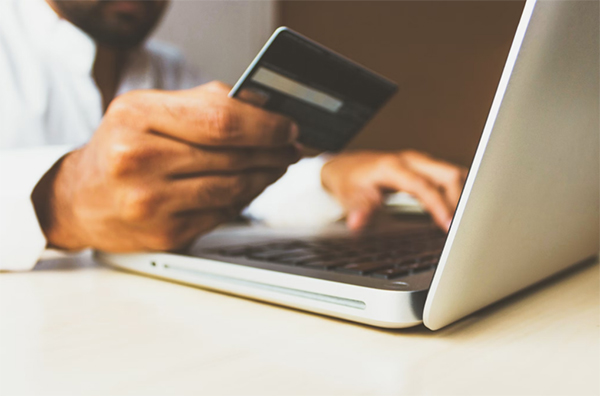Cybersecurity for Your Finances: Protecting Against Online Threats
It’s important to know about the risks before we go on the internet. Hackers change how they do things all the time, so we need to always be ready. Hackers can get our personal information or names without our permission if they are smart enough to trick us. We should use strong passwords, multi-factor authentication, and be wary of requests that don’t seem right to avoid falling for these scams and keep our money safe online.
Recognizing Common Online Threats
When we go out into the big world of the internet, it’s important to know about the usual threats that can put our money at risk. The way cybercriminals do things changes all the time, so we need to always be ready. Attacks like phishing are very common. This is when bad people pretend to be real businesses to get people to give up private information. These fake emails or messages often look real and ask people to click on harmful links or give out personal information. Being alert and wary of requests that don’t seem right can help us avoid falling for these online scams.
Best Practices for Secure Online Banking
Follow the finest online banking practices to protect your financial information. We should start by using strong, unique, and up-to-date bank passwords. Mixing letters, numerals, and special characters improves them. Multi-factor authentication, which requires a fingerprint or one-time code, is safer. We should also periodically review our bank records and transaction information to discover any suspicious behavior. Our accounts will be less vulnerable to unauthorized access if we adopt these best practices. It will also protect our online money.
Protecting Your Personal Information
Personal data security is crucial in the hacker world. Sharing less personal information online helps. Avoid sharing personal information on social media and unsafe websites. Be cautious while handing out personal information over the phone or in emails; fraudsters may attempt to deceive you. By periodically adjusting our internet privacy settings and being vigilant about what we post, we can protect our personal data. Protecting our personal data may help us manage our finances and prevent identity theft.
Safeguarding Against Phishing and Social Engineering Attacks
There are a lot of ways to keep yourself safe from hacking and social engineering. To begin, we should be wary of calls, emails, or texts that ask for private or financial details without being asked. It is important to make sure the person writing or calling is real before giving out private information. We shouldn’t click on weird links or get files from people we don’t know either, since they could have malware or lead to fake websites. To spot and avoid possible threats, we can also learn about common computer tricks and stay up to date on the newest scams. The best way to keep our money safe from these sneaky plans is to stay alert and careful.
People who want to keep their money safe need to learn about and avoid common internet scams. Hackers are less likely to trick you if you know about phishing attacks, follow best practices for safe online banking, keep your personal information safe, and watch out for social engineering tricks. The safety of our online lives needs to be a top concern for people like us who want to keep track of their money and not fall for the many new online scams.
Photo Attribution:
1st and featured image by: https://www.pexels.com/photo/security-logo-60504/
2nd image by: https://unsplash.com/photos/person-using-laptop-computer-holding-card-Q59HmzK38eQ


